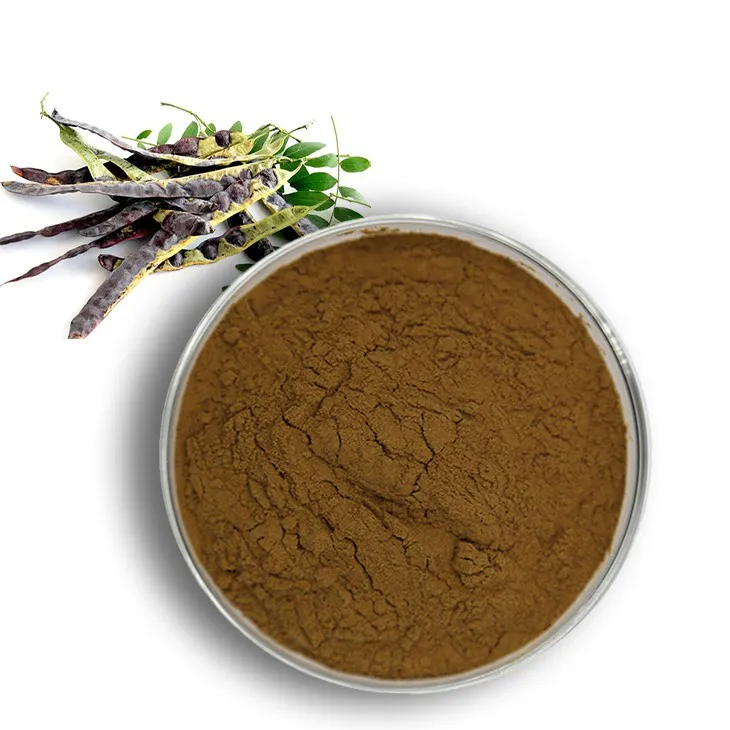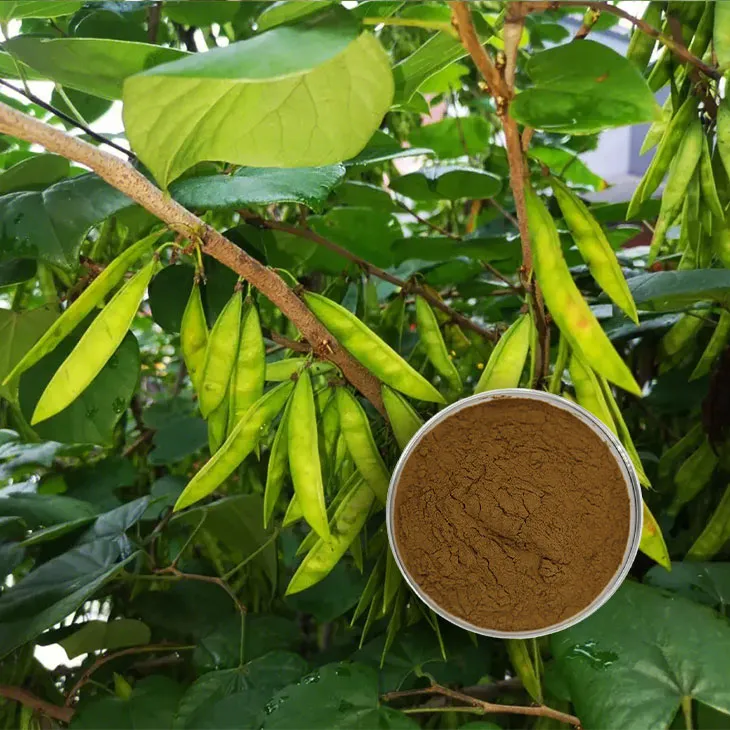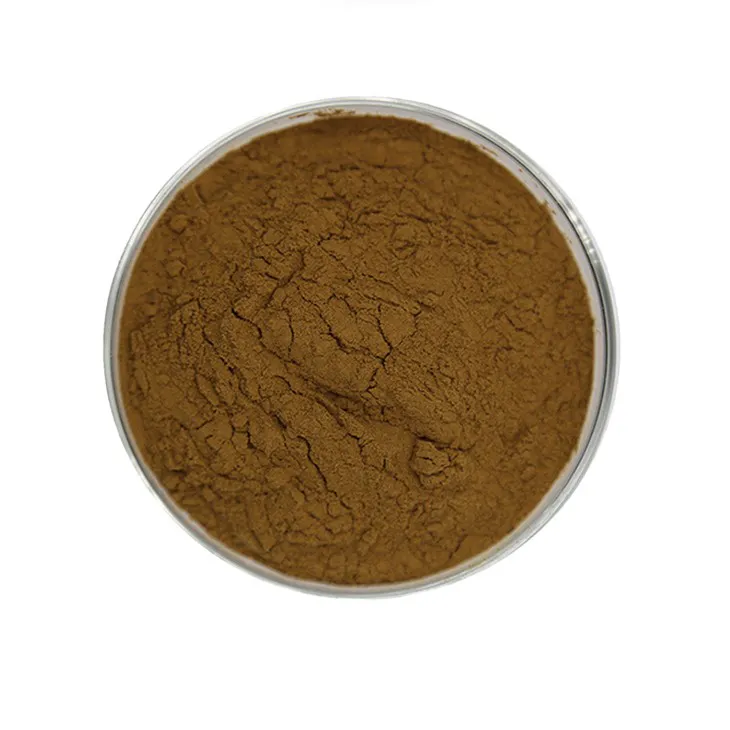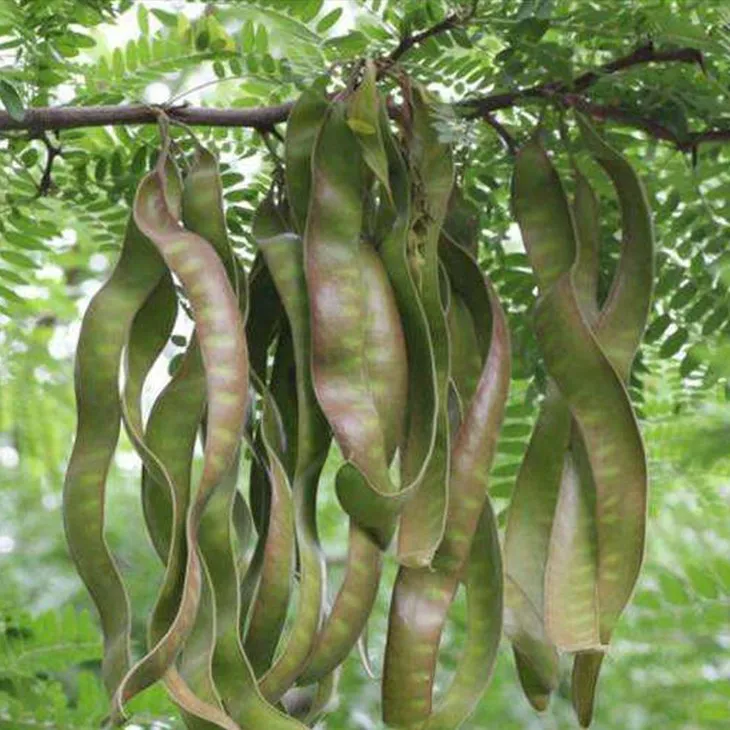- 0086-571-85302990
- sales@greenskybio.com
Use saponin extracts to prevent diseases and enhance immunity.
2024-11-14

1. Introduction to Saponin Extracts
Saponin Extracts have recently gained significant attention in the fields of health and medicine. Saponins are a class of natural compounds that are widely distributed in the plant kingdom. They are characterized by their complex chemical structures, which typically consist of a steroid or triterpenoid aglycone linked to one or more sugar moieties. These unique structures endow saponins with a diverse range of biological activities.

2. Saponins and the Immune System
2.1 Stimulation of Cytokine Production
One of the key ways in which Saponin Extracts influence the immune system is through the stimulation of cytokine production. Cytokines are small proteins that play a crucial role as signaling molecules in the immune response. When saponin extracts interact with immune cells, such as macrophages and lymphocytes, they can trigger the release of cytokines like interleukin - 1 (IL - 1), interleukin - 6 (IL - 6), and tumor necrosis factor - alpha (TNF - α). For example, studies have shown that certain saponin - containing plants, when their extracts are administered to experimental animals, lead to an increase in the production of these cytokines in the bloodstream.
2.2 Regulation of the Immune Response
By modulating cytokine production, saponin extracts help in the regulation of the overall immune response. They can act as immunomodulators, balancing the activities of different components of the immune system. In some cases, this can prevent an over - exuberant immune response that may lead to autoimmune diseases or excessive inflammation. On the other hand, they can also boost the immune system when it is weakened, for instance, during periods of stress or after an illness. This regulatory function of saponin extracts is a significant aspect of their potential in enhancing immunity.
3. Saponin Extracts in Disease Prevention
3.1 Antiviral Activity
Saponin extracts have shown remarkable antiviral properties. They can interfere with various stages of the viral life cycle. Some saponins are able to bind to viral proteins on the surface of the virus, preventing it from attaching to host cells. For example, research on certain plant - derived saponin extracts has demonstrated their ability to inhibit the attachment of influenza viruses to respiratory epithelial cells. Additionally, saponins can also disrupt the internal processes of the virus once it has entered the host cell. They may interfere with viral replication by inhibiting viral enzymes or disrupting the assembly of new viral particles.
3.2 Antibacterial Effects
In the fight against bacterial infections, saponin extracts also hold promise. They can act on bacteria in multiple ways. One mechanism is by disrupting the bacterial cell membrane. The amphiphilic nature of saponins allows them to interact with the lipid bilayer of the bacterial cell membrane, causing it to become permeable and eventually leading to cell death. Moreover, some saponins can inhibit the growth and reproduction of bacteria by interfering with essential bacterial metabolic processes. For instance, they may target enzymes involved in bacterial cell wall synthesis or DNA replication.
3.3 Anti - fungal Potential
Although less extensively studied compared to their antiviral and antibacterial activities, saponin extracts also exhibit anti - fungal properties. Fungi have a different cell structure compared to bacteria and viruses, but saponins can still affect them. Some saponins can disrupt the integrity of the fungal cell wall, which is crucial for the survival and growth of fungi. By weakening the cell wall, saponins make the fungi more vulnerable to other environmental stresses and the host's immune defenses.
4. Traditional Use of Saponin - rich Plants in Medicine
Saponin - rich plants have a long history of use in traditional medicine systems around the world. In traditional Chinese medicine, for example, plants like ginseng, which is rich in saponins known as ginsenosides, have been used for centuries to improve overall health, boost vitality, and enhance resistance to diseases. Ginseng was often prescribed for people with weakened constitutions or those recovering from illnesses.
In Ayurvedic medicine, which originated in India, plants such as fenugreek and licorice, both containing saponins, were used for various medicinal purposes. Fenugreek was used to treat digestive disorders and as a general tonic, while licorice was used for its anti - inflammatory and expectorant properties. These traditional uses provide a wealth of knowledge and inspiration for modern research on saponin extracts.

5. Modern Research on Saponin Extracts
5.1 In - vitro Studies
Modern scientific research on saponin extracts has made significant progress, especially in in - vitro studies. In the laboratory, researchers can isolate and purify saponin extracts from various plants and then test their effects on cultured cells. For example, in - vitro studies have been conducted on cancer cell lines to investigate the potential anti - cancer properties of saponin extracts. These studies have shown that some saponins can induce apoptosis (programmed cell death) in cancer cells, while having relatively little effect on normal cells.
5.2 In - vivo Studies
In - vivo studies, which involve the use of experimental animals, are also crucial for understanding the effects of saponin extracts. Scientists can administer saponin extracts to animals and then monitor various physiological parameters. For instance, in studies on rodents, saponin extracts have been shown to enhance immune function as measured by increased antibody production and improved resistance to infectious agents. These in - vivo studies help to bridge the gap between the laboratory findings in vitro and the potential applications in humans.
5.3 Clinical Trials
Clinical trials are the ultimate step in evaluating the efficacy and safety of saponin extracts for human use. However, compared to in - vitro and in - vivo studies, clinical trials are more complex and time - consuming. Some clinical trials on saponin - containing supplements or herbal remedies have been initiated. For example, trials have been carried out to study the effects of ginseng extracts on cognitive function in elderly patients. Although the results of these clinical trials are still being analyzed and more research is needed, they represent an important step forward in understanding the real - world benefits of saponin extracts.6. Safety and Precautions
While saponin extracts show great potential in disease prevention and immunity enhancement, it is important to consider their safety. In general, when consumed in moderation as part of a balanced diet or under the guidance of a healthcare professional, saponin - rich foods or supplements are considered safe for most people. However, excessive consumption of saponin extracts may lead to some adverse effects.
Some people may experience digestive problems such as nausea, vomiting, or diarrhea if they consume large amounts of saponin - containing plants. In addition, certain individuals may be allergic to specific saponin - containing plants. For example, some people may have an allergic reaction to ginseng. Therefore, it is crucial to be aware of any potential allergies and to follow the recommended dosage when using saponin - based products.
7. Conclusion
Saponin extracts offer a promising avenue for disease prevention and immunity enhancement. Their wide range of biological activities, including immunomodulatory, antiviral, antibacterial, and anti - fungal properties, make them a subject of great interest in modern medicine. The traditional use of saponin - rich plants in various medicine systems provides a historical basis for further exploration, while modern research, from in - vitro and in - vivo studies to clinical trials, is gradually uncovering the scientific mechanisms underlying their potential health benefits. However, safety considerations must also be taken into account to ensure that the use of saponin extracts is both effective and safe. With continued research, saponin extracts may play an increasingly important role in maintaining human health in the future.
FAQ:
What are saponin extracts?
Saponin extracts are substances derived from plants or other natural sources. They are a type of glycoside, which consists of a sugar molecule attached to a non - sugar component. Saponins are known for their surfactant - like properties, which means they can interact with lipids and lower the surface tension of water.
How do saponin extracts enhance immunity?
Saponin extracts enhance immunity by stimulating the production of cytokines. Cytokines are signaling molecules that play crucial roles in the immune response. When saponins trigger cytokine production, it helps to regulate and strengthen the overall immune system, enabling it to better respond to threats such as infections.
Can saponin extracts prevent all types of diseases?
No, saponin extracts cannot prevent all types of diseases. While they have shown promise in inhibiting the growth of certain pathogens, such as some viruses and bacteria, different diseases have different causes and mechanisms. However, their ability to boost the immune system may contribute to better overall health and potentially help the body fend off a variety of diseases.
Are there any side effects of using saponin extracts?
Although saponin extracts are natural substances, they may still have some side effects in certain situations. High doses or long - term use may cause adverse reactions in some individuals. For example, they may cause gastrointestinal discomfort in some people. Also, some saponins can be toxic if not properly processed or used inappropriately.
How are saponin - rich plants used in traditional medicine?
In traditional medicine, saponin - rich plants have been used in various ways. For example, they may be made into herbal teas, tinctures, or poultices. These preparations are often used to treat a range of ailments, such as infections, inflammation, and digestive problems. The traditional use of these plants is now being investigated scientifically to understand the underlying mechanisms and validate their potential health benefits.
Related literature
- The Role of Saponins in Immune Modulation and Disease Prevention"
- "Saponin - Rich Plants: Traditional Use and Modern Perspectives in Disease Prevention"
- "Saponin Extracts: Biological Activities and Their Potential in Boosting Immunity"
- ▶ Hesperidin
- ▶ citrus bioflavonoids
- ▶ plant extract
- ▶ lycopene
- ▶ Diosmin
- ▶ Grape seed extract
- ▶ Sea buckthorn Juice Powder
- ▶ Beetroot powder
- ▶ Hops Extract
- ▶ Artichoke Extract
- ▶ Reishi mushroom extract
- ▶ Astaxanthin
- ▶ Green Tea Extract
- ▶ Curcumin Extract
- ▶ Horse Chestnut Extract
- ▶ Other Problems
- ▶ Boswellia Serrata Extract
- ▶ Resveratrol Extract
- ▶ Marigold Extract
- ▶ Grape Leaf Extract
- ▶ blog3
- ▶ blog4
- ▶ blog5
-
Organic Tongkat Ali extract powder factory.
2024-11-14
-
How to make powder with ashwagandha extract.
2024-11-14
-
Rosehip extract manufacturers from China.
2024-11-14
-
The best cat's claw extract in nature.
2024-11-14
-
Chinese Dandelion Leaf Extract Suppliers.
2024-11-14
-
Nettle Root Extract
2024-11-14
-
Feverfew Extract
2024-11-14
-
Thunder God Vine Extract
2024-11-14
-
Uridine-5'-monophosphate Disodium salt
2024-11-14
-
Marigold Extract
2024-11-14
-
Citrus Aurantii Extract
2024-11-14
-
Bitter Melon Extract
2024-11-14
-
Chia Seed Powder
2024-11-14
-
Konjac Powder
2024-11-14
-
Astaxanthin
2024-11-14





















